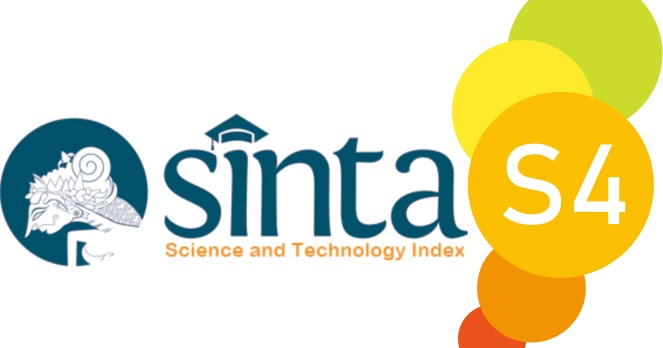Sosialisasi dan Penerapan Pemilahan Sampah Berdasarkan Karakteristik
DOI:
https://doi.org/10.36277/abdimasuniversal.v2i2.78Keywords:
Garbage, Garbage Characteristics, Waste Sorting.Abstract
The high population growth rate results in an increase in the volume of waste. So far, most people still view waste as useless waste, not as a resource that needs to be utilized. According to SNI 19-3964-1994, municipal solid waste generation is 2 – 2,5 Liters/person/day or 0,4 – 0,5 kg/person/day, small town waste generation is 1,5 – 2 Liters/person/day or 0,3 – 0,4 kg/person/day, the waste generation for large/ metroppolitan cities is greater that 3 Liters/person/day (Center for Resettlement Research an Developmen, 2010). With the reduce, reuse, recycle (3R) program, the amount of waste generation can be reduced. To implement 3R based waste management, the waste reduction process begins with waste sorting. Sorting handling activities according to the type and nature. Based in data from the Balikpapan City Environmental Service, the averange waste production from January 2018 to May 2018 reached 344,73 tons/day. The program for sorting and processing waste from sources is still limited, in Gunung Bahagia Village the success rate has only reached 60%. Waste sorting based on characteristics, the importance of providing understanding and application of waste sorting to the community as a waste producer. Waste sorting is the first step taken to reduce the level of waste in the TPA. Waste sorting should be carried out from waste produciing sources. Waste sorting is carried out based on waste characteristics. Garbage has the characteristics of being easily biogefradable or what is called organic waste, it takes a long tim (years, decades, hundreds of years) to decompose or what is called inorganic waste, waste of hazardous and toxic materials. By sorting waste based on cheracteristics, waste processing can run effectively and efficiently, has econimic value and environmental sustainability. Organic waste has economic value from processing in the form of compost. Inorganic waste has economic value, because this type of waste can be reused and recycled. For hazardous and toxic waste materials, the sorting can reduce environmentals pollution, considering that this type of waste is very easy to react.























